This is a tricky question since cannabis also triggers appetite. While most cannabis consumers have attested to having unusual cravings after using cannabis, our recent article revealed how cannabis use has nothing to do with food choices, as people are most likely drawn to their preferred foods, whether stoned or not.
Although it is a fact that munchies are quite common with THC-high cannabis products, does this affect weight gain in any way? Not at all.
Cannabinoids exhibit a unique interaction with people depending on their age, mode of administration, dosage, and body chemistry. This is one of the major mysteries the cannabis industry must solve. When it comes to understanding the role of cannabinoids in weight loss/obesity, it is important to consider these factors as they play a critical role in the outcomes.
For instance, a 2014 study discovered that cannabis might trigger weight gain in patients with physical debilitation due to HIV/AIDS and cancer. However, these individuals were found to have a lower body mass index, thus ruling out obesity or being overweight.
Obesity is a pandemic. It is caused by eating too much and moving too little. The CDC describes it as a common, serious, and costly disease. About 78 million people are obese in the United States, making it the 12th fattest country in the world. One in every three adults in the United States is obese.
Obesity is so common that half of the world is predicted to be overweight or obese by 2030. Although this looks scary, obesity is preventable and reversible with the right approach.
Obesity, or being overweight, is linked to several diseases, some of which are fatal. It is characterized by the accumulation of excess fats that may impair healthy living. These diseases share a link with the endocannabinoid system and, by extension, cannabis medicine. People who are obese are more likely to suffer from one or more of the following diseases:
- Body pain and difficulty with physical functioning
- Cancer
- Coronary heart disease
- Gallbladder disease
- High blood pressure (hypertension)
- Mental illnesses such as clinical depression, anxiety, and other mental disorders
- Osteoarthritis
- Sleep apnea and breathing problems
- Stroke
- Type 2 diabetes
Relationship between obesity and the Endocannabinoid system
The ECS is responsible for modulating homeostatic processes like metabolism, food intake, and body weight regulation. Scientists have identified the link between CB1 receptors and obesity since they modulate appetite and energy balance in the body.
The ECS is directly related to almost all the organs involved in obesity.
Daniel Gana
People who are obese tend to have more widespread CB1 receptors, especially in fatty tissues, thus suggesting their possible role in fat metabolism and weight loss. Limiting the activity of CB1 receptors tends to attenuate obesity by affecting several areas, including the interaction of gut microbiota, reducing inflammation, and leptin signaling. Leptin is a hormone that helps the body to maintain a normal weight on a long-term basis.
The ECS is directly related to almost all the organs involved in obesity. It extends from the central brain circuitry (central nervous system) to the peripheral organs involved in digestion and energy storage. They generally assess the body's energy needs and determine the best approach to meet them.
The binding of endocannabinoids (2-AG and anandamide) to the CB1 receptors of the hypothalamus is interpreted as hunger. The hypothalamus is the part of the brain that acts as the control center for hunger and satiety. People who are obese tend to exhibit elevated levels of 2-AG and anandamide (AEA), which may increase food cravings and weight gain.
Cannabinoids like CBD and THC mimic the activities of the endocannabinoids. They primarily interact with the CB receptors (CB1 and CB2) as agonists (activation) or antagonists (deactivation). While activation of CB1 receptors can trigger weight gain, deactivation of this receptor by cannabinoids can trigger weight loss in obese individuals.
CB1 agonists like THC helps to promote energy intake. In contrast, antagonists and inverse agonists like CBD and THCV will deactivate the CB1 from triggering energy intake, and this is where the role of cannabinoids comes into play for weight loss.
Using marijuana is generally linked to lower Body Mass index (BMI). BMI is described as a person’s weight in kilograms (or pounds) divided by the square of their height in meters (or feet). The higher the BMI, the more likely a person is to be overweight, and vice versa.
A 2021 study shows that people who smoke marijuana regularly are less likely to be overweight. According to their findings, people who use cannabis have a lower body mass index than those who don’t. This was later linked to cannabinoids possessing an awesome anti-inflammatory property that helps obese people to lose weight. Cannabinoids also function as antioxidants, neuroprotective, analgesic, energy-boosting, fat burning agents. They also trigger hormonal balance, all of which can help to keep the incidence and severity of obesity low.
How cannabis can help on your weight loss journey
Reduces appetite
Note that cannabinoids exhibit a biphasic effect; they produce different reactions depending on their dosage and mode of administration. CBD and THCV can reduce appetite thanks to their antagonistic interaction with CB1 receptors. They also exhibit modulatory roles on THC activity via the entourage effect.
CBD can trigger weight loss by limiting appetite and reducing the energy-seeking nature of CB1 receptors. A systemic review on the role of CBD shows that people who use CBD reported lower appetite and body weight. Although CBD does not bind directly to the CB1 receptors like THC, they control how CB1 interacts with THC, thus reducing appetite.
A study published in 2020 also discovered how THCV may be a potential clinical remedy for weight loss. THCV offered a non-intoxicating effect at low doses and decreased appetite, increased satiety, and up-regulated energy metabolism in rodents. Although this study was not repeated in humans, it suggests the possible therapeutic role of THCV for weight loss. When incorporated into weight loss routines, THCV may help burn off more calories with daily exercise and the right healthy lifestyle.
The cannabinoid CBC may indirectly influence the ECS and its functions tied to anandamide uptake. Although CBC does not interact with the CB1 receptors, it may inhibit anandamide uptake and possibly reduce appetite. However, CBC research is limited since it is a minor cannabinoid.
Reduces the risk of metabolic disorders
It is almost impossible to separate obesity and metabolic disorders. Obesity increases the risk factor for metabolic disorders like high blood pressure, type 2 diabetes, and high cholesterol. About 78 percent of hypertension cases in men and 65 percent in women can be directly linked to obesity, while about 85 percent of diabetics are overweight. This relationship is often triggered by the over-activation of CB1 receptors in fat tissues.
Cannabinoids like CBD may play a direct role in modulating the activities of the CB1 receptors, thus keeping these metabolic disorders in check. There are also reports on the possible therapeutic roles of cannabinoids in these metabolic disorders.
Several scientists have reported the antidiabetic roles of acidic cannabinoids like CBDa and CBGa. The acidic cannabinoids were found to inhibit the severity of type 2 diabetes in humans and pigs. CBGa and CBDa provide an antidiabetic effect by inhibiting the activities of aldose reductase, an enzyme that plays a key role in diabetes.
Recent research shows CBD may improve the symptoms of metabolic disorders like Non-alcoholic fatty liver disease (NAFLD) in mice. NAFLD is a general term describing a range of liver conditions affecting people who drink little to no alcohol. It is often associated with obesity and diabetes. The antioxidant activities of CBD were found to reduce blood sugar while improving liver health.
Boost calorie breakdown
Obesity generally arises from the accumulation of excess fats due to too much eating, supported by a sedentary lifestyle. Research shows CBD and THCV can help burn excess fat while converting white (bad) fat to brown (good) fat.
The excess accumulation of white fat around vital organs can lead to heart disease and diabetes, commonly experienced with obesity.
A report in 2020 shows how THCV can trigger weight loss, reduce food intake, reduce body fat content, and increase energy expenditure in mice. THCV also offers neuroprotection and blood sugar control.
Many studies have identified the role of CBD in glucose and fat breakdown through its interaction with cannabinoid receptors. This was confirmed in a 2020 study where researchers reported CBD's anti-inflammatory, anti-tumor, neuroprotective, antioxidant, and potential anti-obesity properties. CBD was found to play a vital role in converting white fat to brown fat, thus pointing to a possible role of CBD in reducing the chances of obesity and the health complications linked to it.
Reduces inflammation
Inflammation increases with weight gain. This often arises from hormonal imbalances created by the uncontrolled accumulation of fats in the body. Obesity-induced inflammation is likely to remain until the weight loss. This is why most people who are obese tend to suffer from diabetes.
CBD and THCV are highly anti-inflammatory and may trigger hormonal balance within the body. This tends to increase insulin production and the accumulation of fats in the body.
Promotes relaxation
CBD and THCV may promote an internal balance via their anxiolytic, antioxidant, and anti-depressant activities. This keeps the body in check and also triggers hormonal balance.
Can I add cannabis to my weight loss routine?
Although most information on the therapeutic role of cannabis for weight loss centers on CBD and THCV, adequate care must be taken to note that cannabis is not a magic weight loss formula. It must be combined with other weight loss routines, such as healthy dieting and exercise, to achieve maximum results. Before adding cannabis to your weight loss routine, here are a few things to consider.
1. Focus on CBD and THCV strains
While there are over 120 cannabinoids from the cannabis plant, only THCV and CBD have shown a good level of anti-obesity effect for now. These cannabinoids can modulate the appetite-stimulating nature of CB1 receptors while limiting the severity of metabolic disorders linked to obesity.
Although there are reports on how combining THC and nicotine (tobacco) may trigger weight loss, the safety of such a procedure is not certain. This was reported in a 2008 study determining the relationship between cannabis and tobacco consumption. In their study, nicotine decreased the THC concentration in the blood, thus triggering weight loss in participants.
2. Try edibles and tinctures.
While smoking marijuana may trigger an immediate response in users, cannabis edibles and tinctures offer a longer effect than smoking. These edibles may also offer you more access to cannabinoid acids and better interaction with receptors. Adding cannabinoids to your diet may help promote its appetite reduction state, as shown in a research published in 2015 where cannabis oil activated CB2 receptors in rats and provided a profound weight loss. This is, however, yet to be tested in humans.
Is cannabis safe for weight loss?
While there is a possible promise in the use of cannabis and cannabinoids for weight loss, there is a limited body of research showing its long-term effect and safety. Most research was carried out in small populations or laboratory animals.
Balance is everything
The unique interaction between cannabinoids and the ECS is capable of many things. Cannabinoids like CBD and THCV may offer a progressive approach to weight loss while reducing the complications linked to obesity-associated diseases. They can help keep you focused on your weight loss journey while reducing appetite, promoting fat metabolism, boosting energy, promoting internal balance, and dealing with inflammation and hormonal balance.
Need a little more Bluntness in your life? Subscribe for our newsletter to stay in the loop.
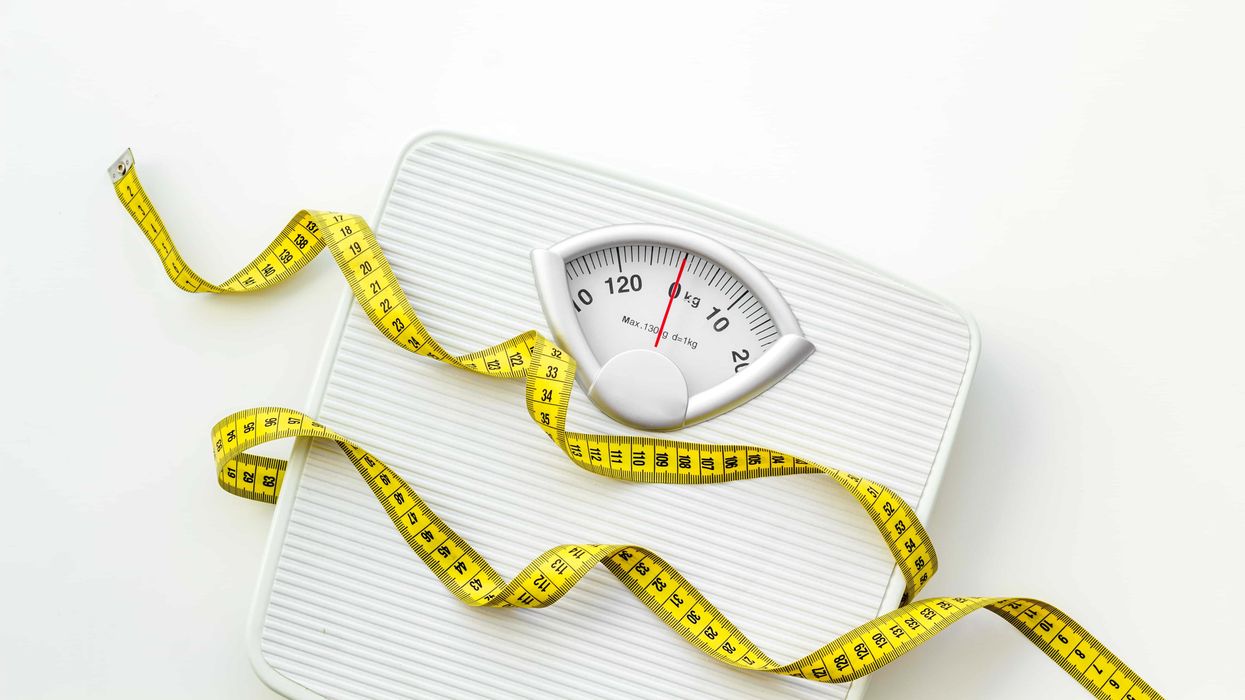









 Best Weed Smoking Games to Try - Jammin'
Best Weed Smoking Games to Try - Jammin'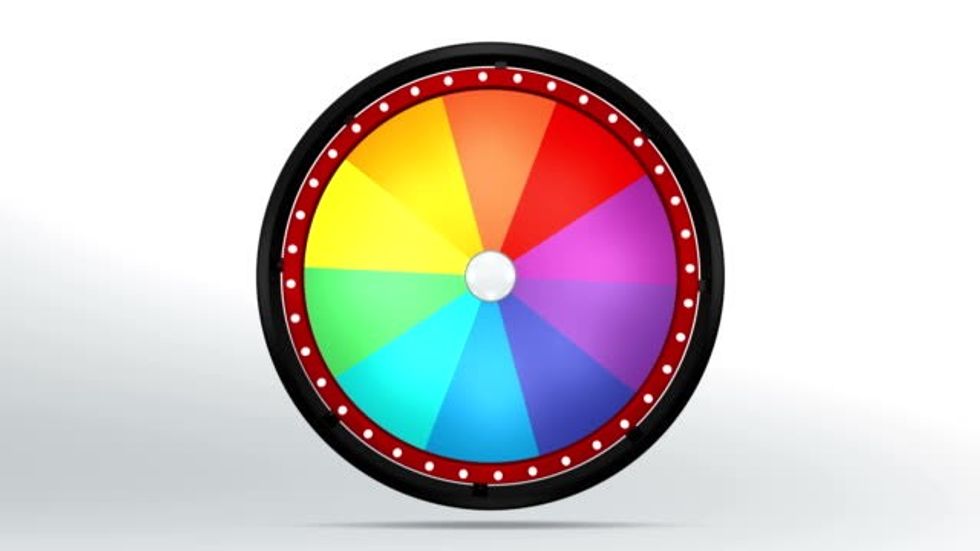 The 31 Best Weed Smoking Games To Try
The 31 Best Weed Smoking Games To Try The Best Weed Smoking Games
The Best Weed Smoking Games The Best Weed Smoking Games to Try
The Best Weed Smoking Games to Try
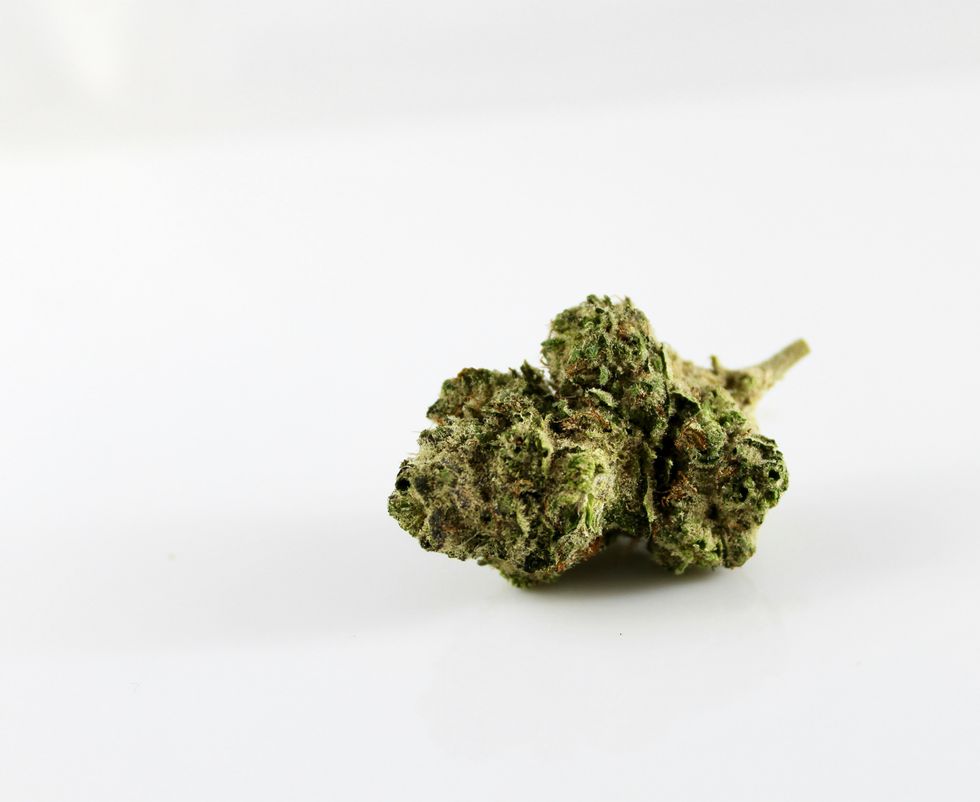
 Stoner Games - Games to Play While High
Stoner Games - Games to Play While High The Best Weed Smoking Games to Play
The Best Weed Smoking Games to Play The Best Weed Smoking Games to Try
The Best Weed Smoking Games to Try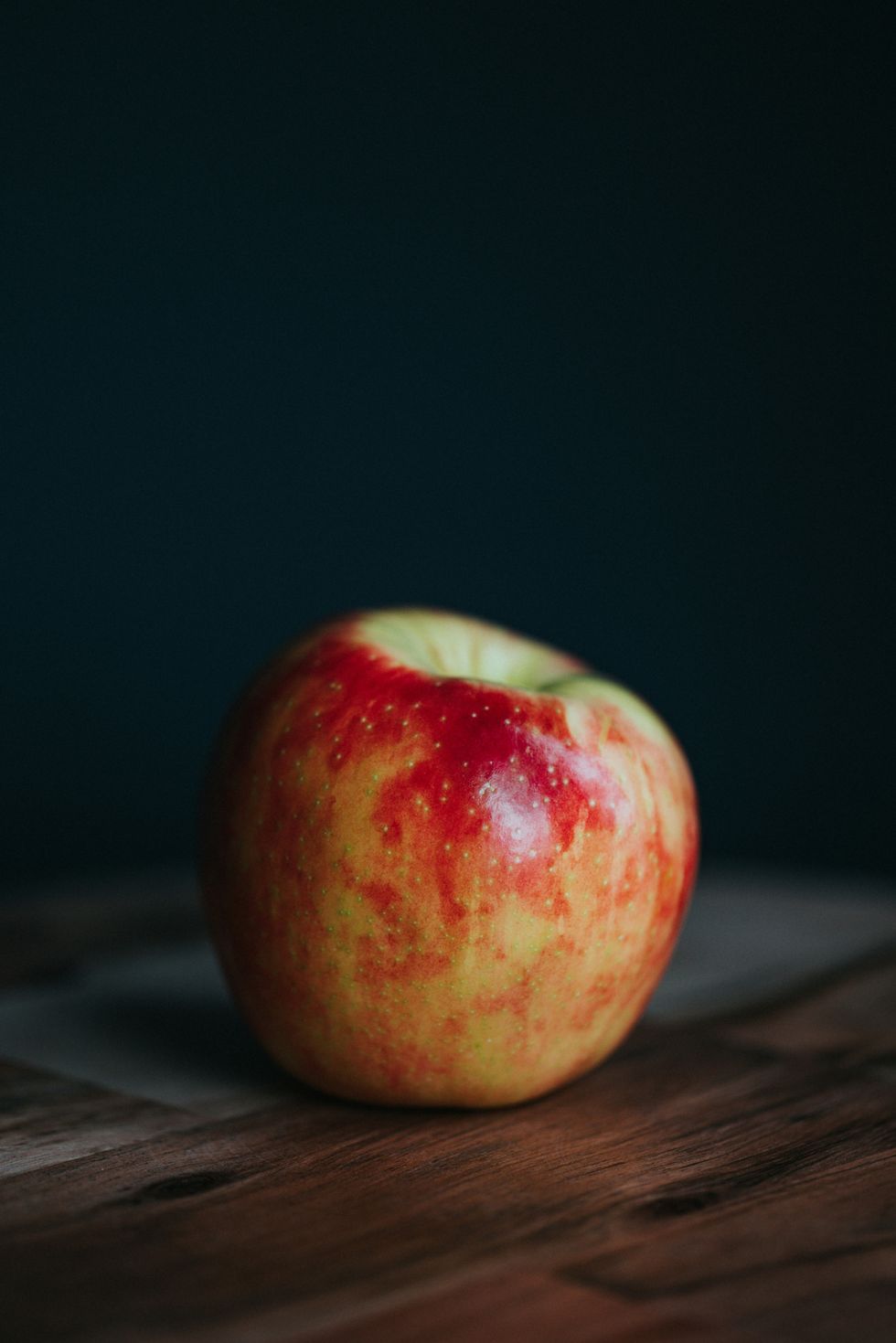
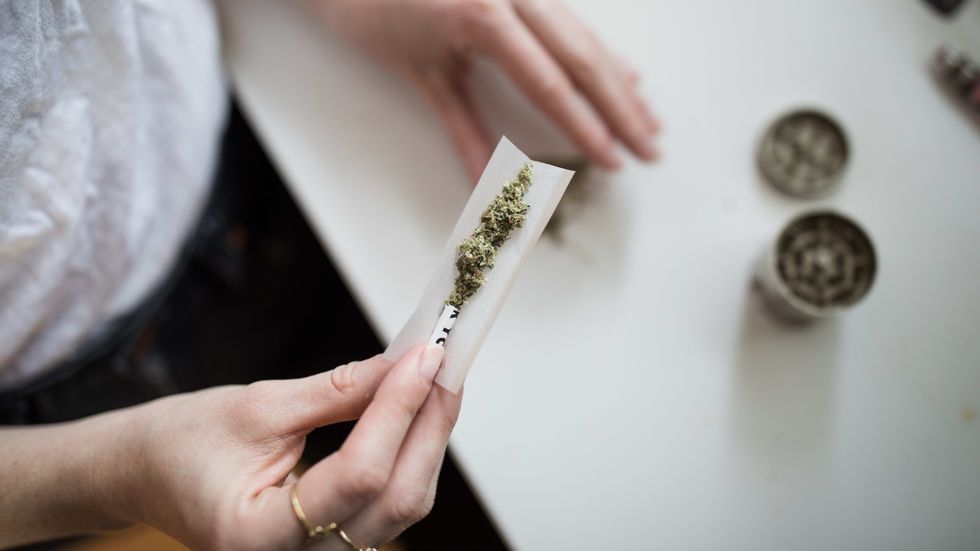 The Best Weed Smoking Games to Try
The Best Weed Smoking Games to Try
 The Best Weed Smoking Games to Play
The Best Weed Smoking Games to Play The Best Weed Games to Play
The Best Weed Games to Play The Best Weed Smoking Games to Try
The Best Weed Smoking Games to Try The Best Weed Smoking Games to Play
The Best Weed Smoking Games to Play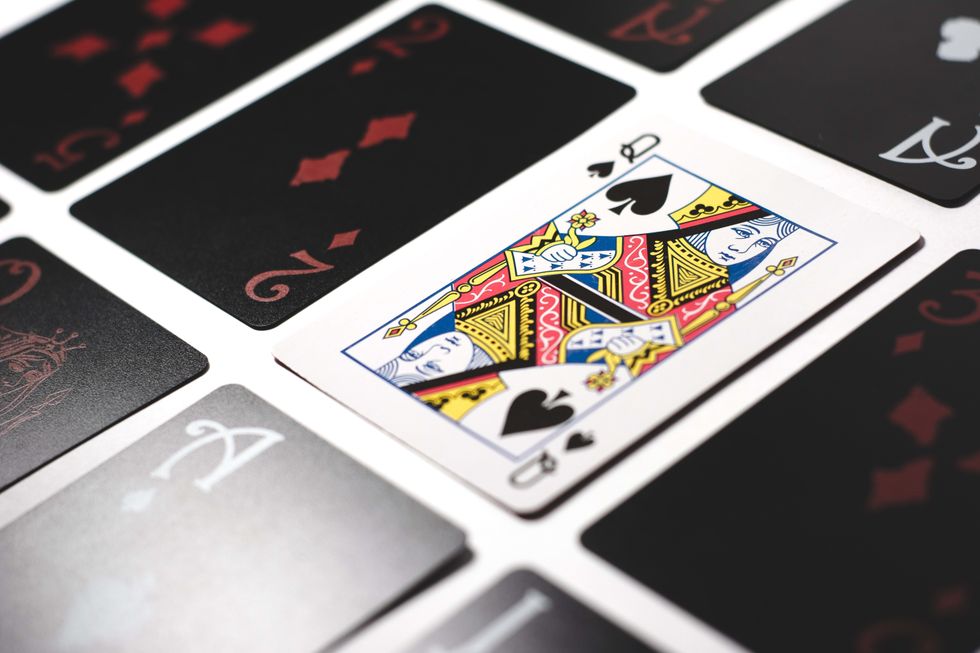 The Best Weed Smoking Games to Try
The Best Weed Smoking Games to Try Games for Stoners
Games for Stoners  woman in white and blue floral shirt sitting beside woman in white and black floral shirtPhoto by
woman in white and blue floral shirt sitting beside woman in white and black floral shirtPhoto by 
 The Best Weed Smoking Games to Play
The Best Weed Smoking Games to Play
 The Best Weed Smoking Games to Try
The Best Weed Smoking Games to Try The Best Weed Smoking Games to Try
The Best Weed Smoking Games to Try world map with pinsPhoto by
world map with pinsPhoto by 
 The Best Weed Smoking Games to Try
The Best Weed Smoking Games to Try






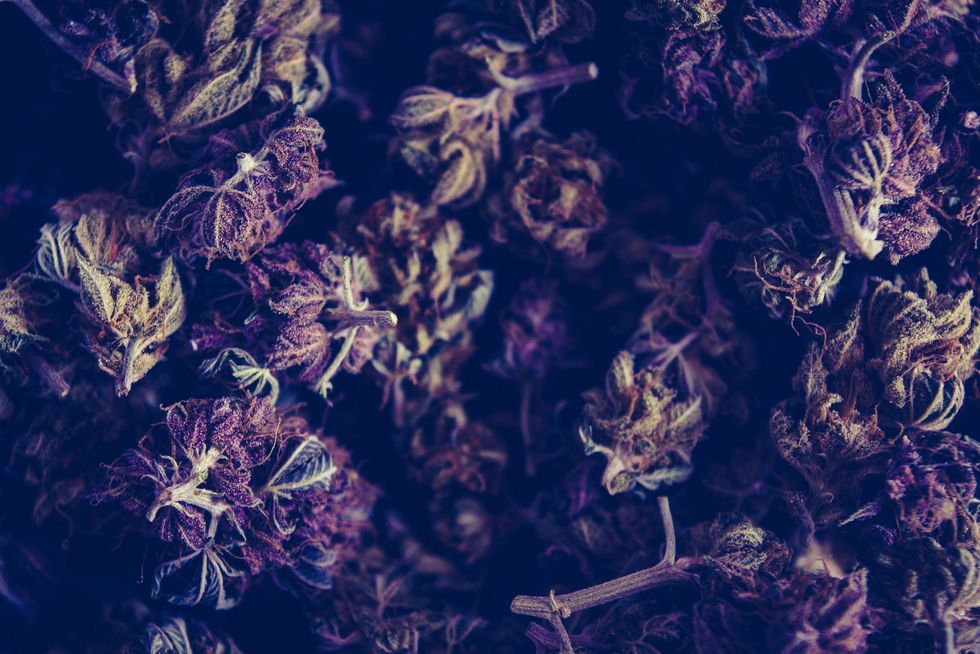 What is reggie weed? - The Bluntness
Photo by
What is reggie weed? - The Bluntness
Photo by 
 Ayrloom Orchard Sunrise Cannabis Infused Gummies
Ayrloom Orchard Sunrise Cannabis Infused Gummies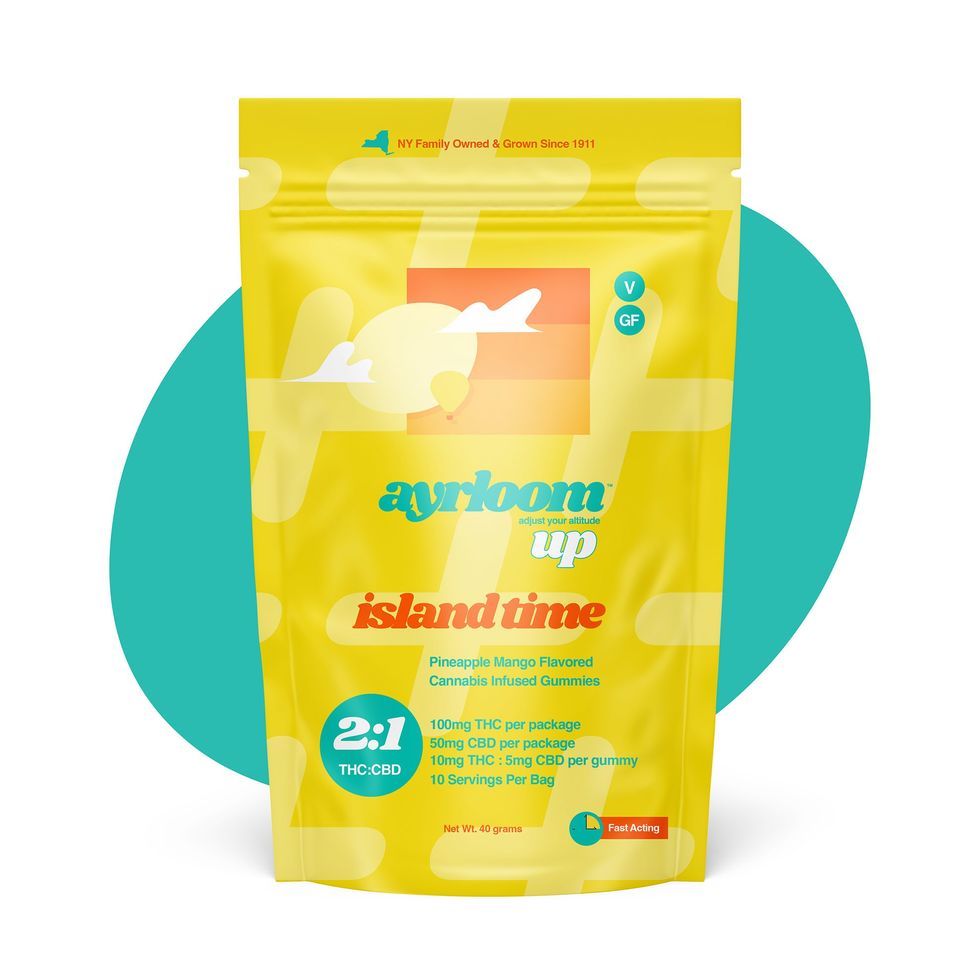 Ayrloom Island Time THC Gummies - Pineapple Mango Flavor
Ayrloom Island Time THC Gummies - Pineapple Mango Flavor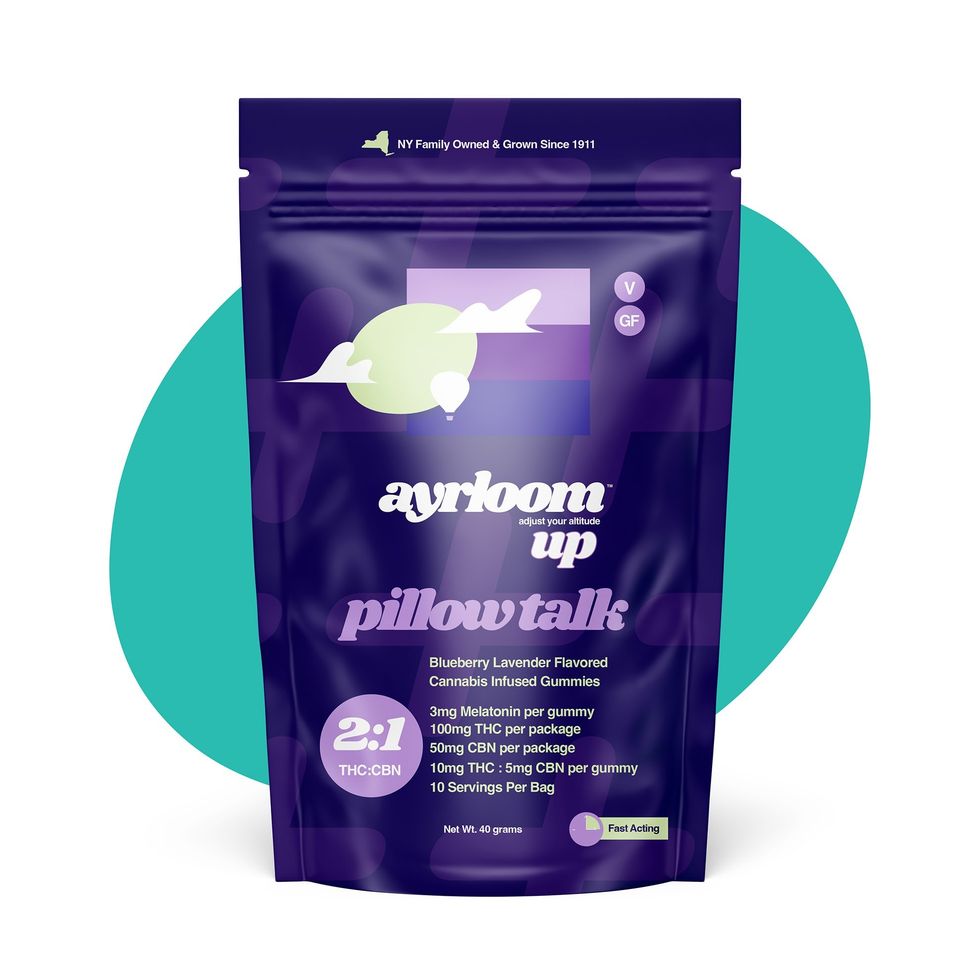 Ayrloom Pillow Talk - Sleep Gummies
Ayrloom Pillow Talk - Sleep Gummies 
 What will you do with that cannabis kief collection? - Make Coffee! The Bluntness
What will you do with that cannabis kief collection? - Make Coffee! The Bluntness DIY: How to Make Kief Coffee - The Bluntness
Photo by
DIY: How to Make Kief Coffee - The Bluntness
Photo by 
 Recognizing the Signs of Antisocial Behaviors - The Bluntness
Photo by
Recognizing the Signs of Antisocial Behaviors - The Bluntness
Photo by  Weed Makes Me Antisocial: What To Do - The Bluntness
Photo by
Weed Makes Me Antisocial: What To Do - The Bluntness
Photo by